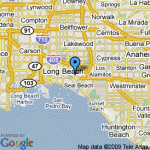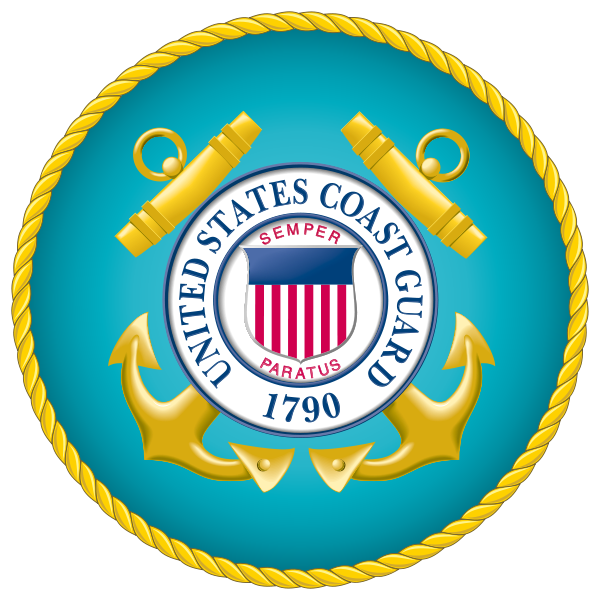
LOS ANGELES – A German company will pay a $1 million fine because its cargo ship entered the Port of Long Beach last year with an open crack in its hull that may have caused an oil leak at the port, federal officials said.
The company was also sentenced Thursday to pay $250,000 as an environmental fine, which will be earmarked for the Channel Islands Natural Resources Protection Fund, which is administered by the National Park Foundation.
The four crew members aboard the ship who reported it to the U.S. Coast Guard will get $500,000 of the $1 million under federal law, the U.S. District Judge George Wu ruled.
The company – Herm. Dauelsberg GmbH & Co. KG – plead guilty Thursday to two felony environmental charges — failing to maintain accurate records relating to the overboard disposal of fuel oil and to a felony count of failing to report a hazardous condition aboard the M/V Bellavia to the United States Coast Guard, officials said
An investigation was triggered after four members of the M/V Bellavia crew told the United States Coast Guard and supplied pictures and videos of discharges from a fuel tank into the ocean, officials said.
Using a federal law that allows a federal judge to award up to half of any criminal fine to “whistleblowers” who provide information concerning certain environmental crimes aboard vessels, Judge Wu ordered that the four crew members receive a total of $500,000 from the fine amount.
The M/V Bellavia is a 960-foot-long, Panamax-size ship that normally transports cargo between European, Central American and North American ports.
In 2011, the M/V Bellavia sustained cracks in the ship’s hull while transiting through the Panama Canal.
On an unknown number of occasions over the past three years, the hull cracks opened to such an extent that seawater could enter one of the ship’s fuel tanks. As a result of the damage, bunker fuel – a heavy, thick fuel oil – could have been released from the fuel tank into the sea.
Herm. Dauelsberg admitted that the M/V Bellavia hit the side of the Panama Canal again last September and sustained a crack that passed through the ship’s hull into a fuel tank.
Officials said the company also admitted that, after sustaining the crack, the ship’s crew used one of the ship’s pumps to discharge nearly 120,000 gallons of oil-contaminated seawater from the ship’s fuel tank directly into the ocean.
That discharge was not done using the ship’s oil-water separator, which is supposed to be used to filter oil out of water that is pumped overboard, federal officials said.
The ship’s crew then failed to properly record the discharge in the ship’s records and did not disclose it to the Coast Guard, both of which are required by federal law, when the ship arrived in the Port of Long Beach in October 2013.
In addition, the company admitted that it failed to notify the Coast Guard about the hazardous condition aboard the M/V Bellavia, namely, the crack that passed through the ship’s hull into the fuel tank.

